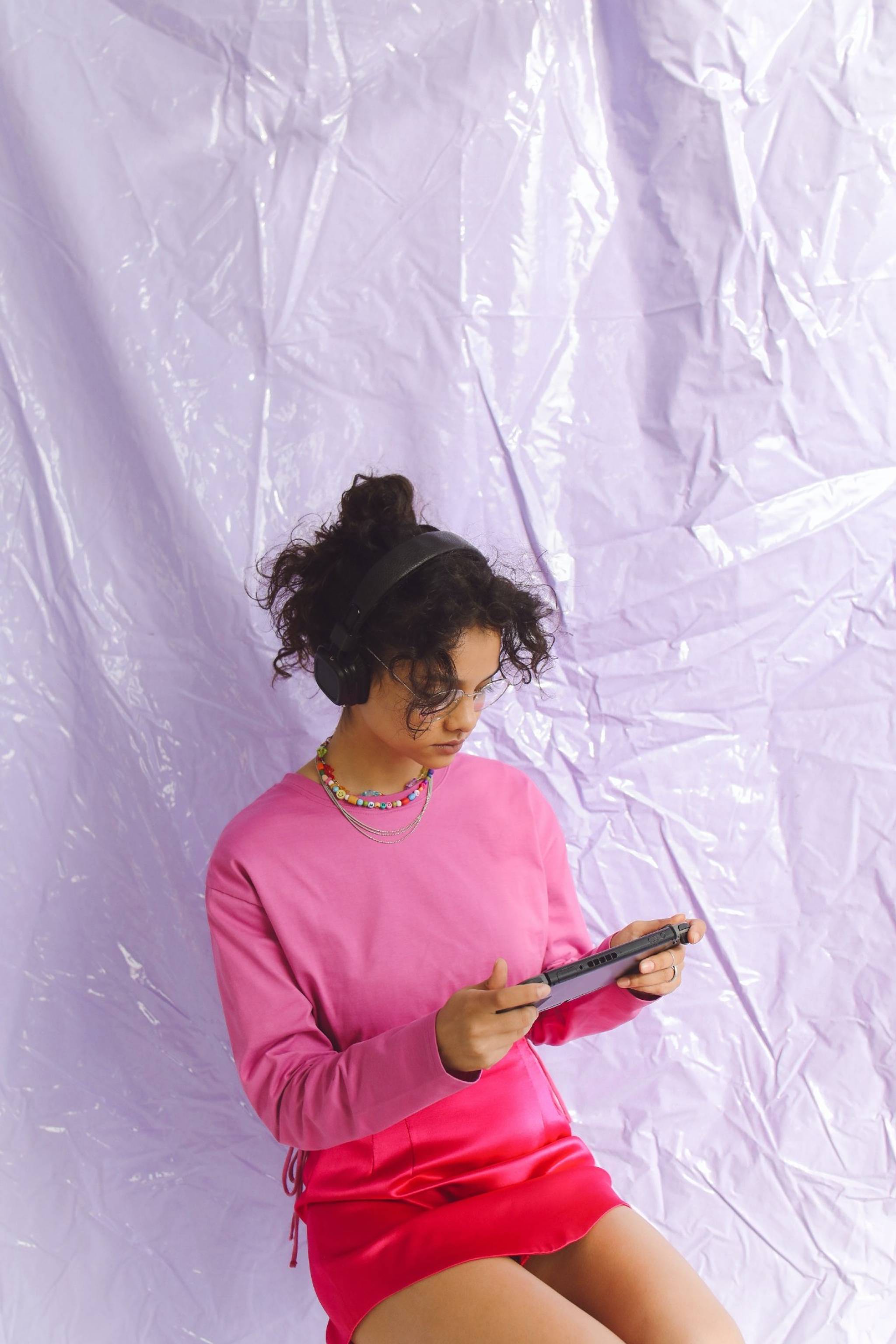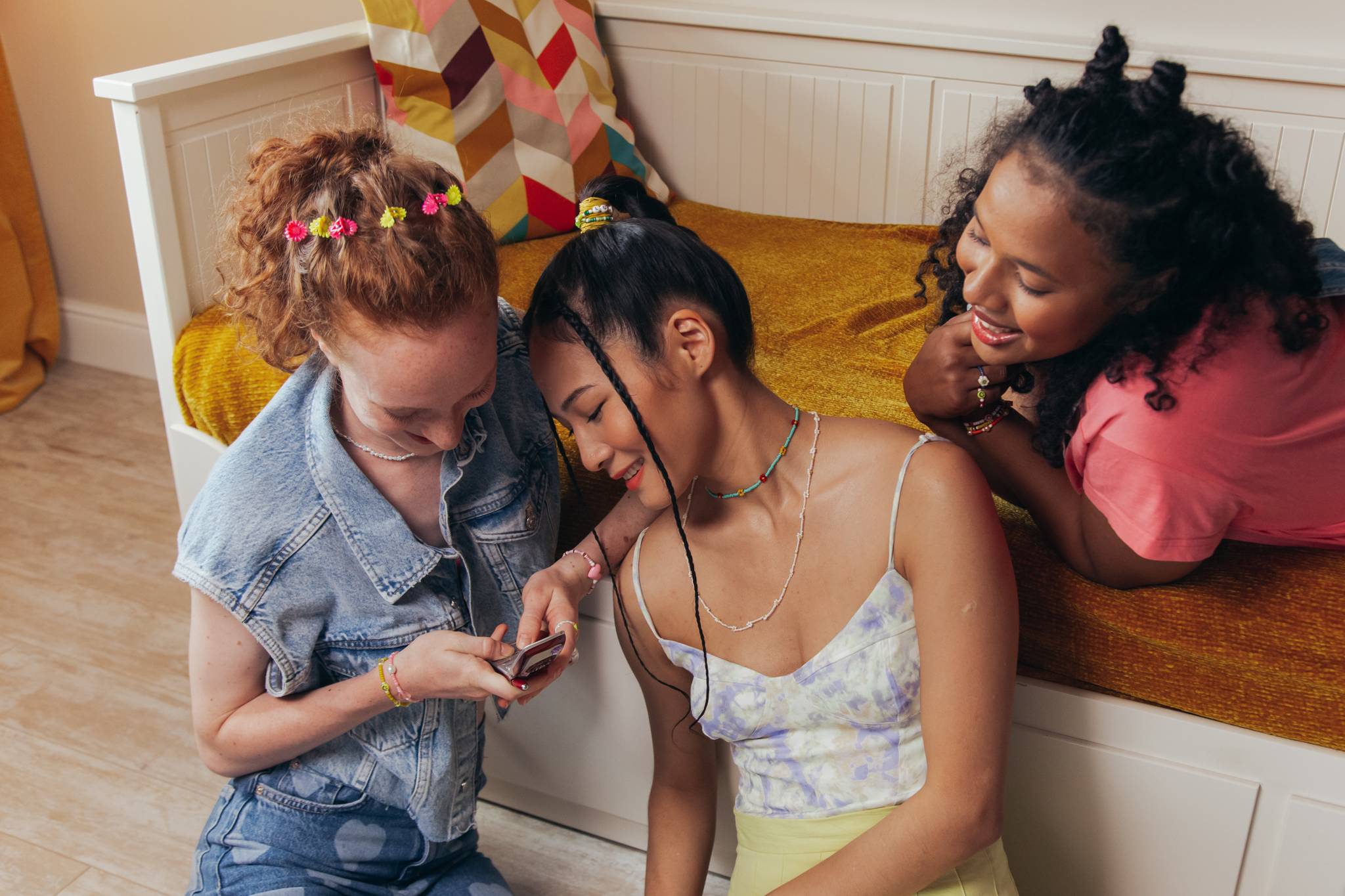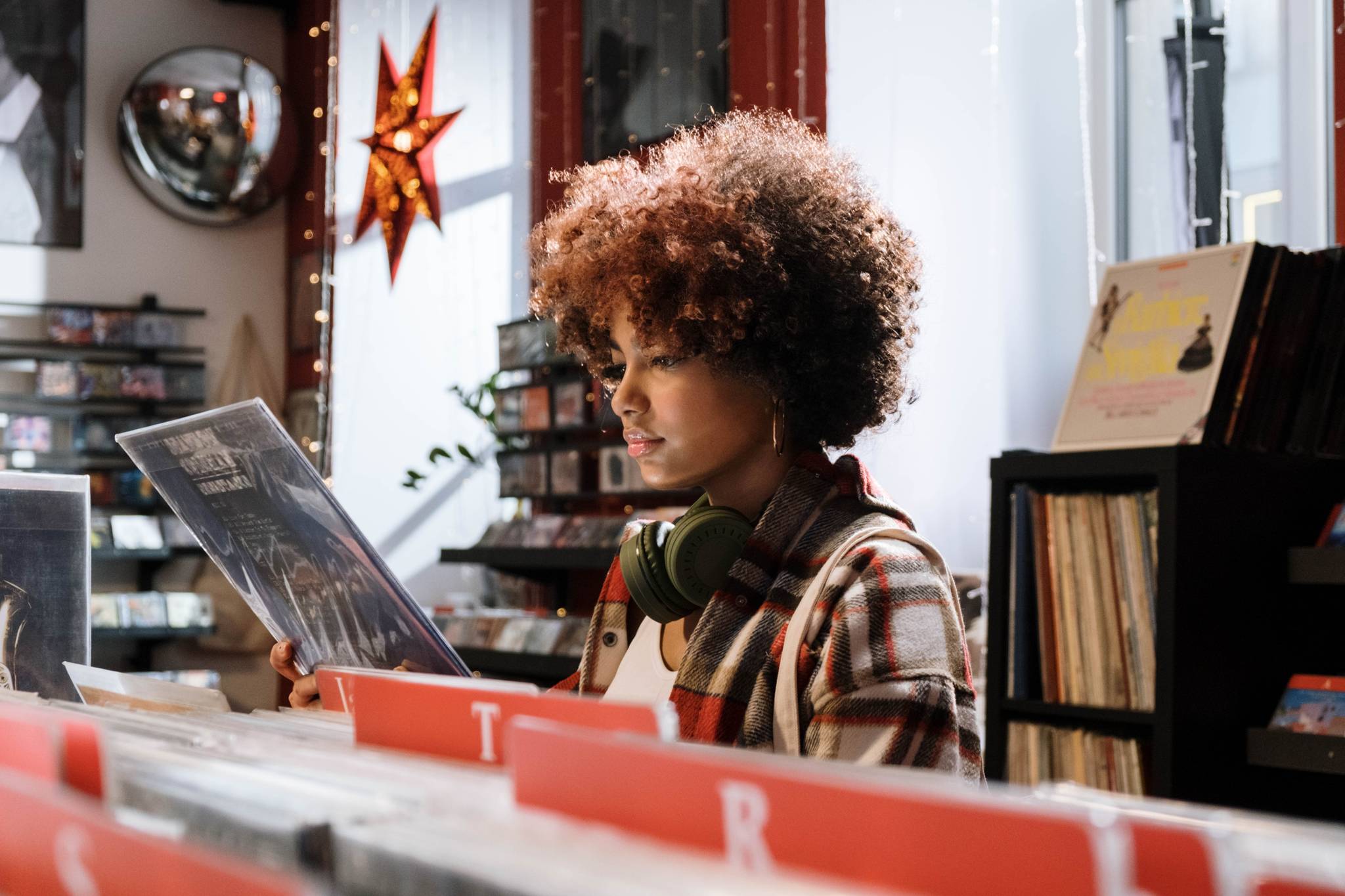
Bringing a Matrix vibe to this Canvas8 Spotlight, we explore what happens when the future and past merge and how brands can leverage opportunities in this new era.
Is nostalgia our new toxic relationship?
Our undying love for nostalgia may have sparked a boom in reboots, but when it comes to building new futures, how important is it to refer to the past? Considering that 75% of young people think the future is frightening and 54% of Britons would rather travel to the past than the future, memory and nostalgia can be a vital coping mechanism – especially in times of crisis.
“We’re stuck between the past and the future, and because of feeling trapped, it’s harder to romanticise future prospects,” says Günseli Yalçinkaya, digital assistant at Dazed Digital. “When the world is burning and we’re more aware of it than ever, thanks to the sensory bombardment of the internet, our minds tend to return to a place of comfort.”
The practice of continually referring to what was can begin to feel paralysing rather than inspiring and directive. And with brand narratives playing a huge role in reaffirming people’s sense of self, these narratives should move its consumers forwards, not back. Notably, Obama’s successful presidential campaign was fuelled by his message of ‘hope’, while Nike’s 2010 ‘Write The Future’ campaign was all about empowering people following the 2008 recession.
How can brands harness the power of nostalgia to help people build for the future?
Start fresh conversations
Nostalgia can be a powerful tool in igniting culturally relevant conversations for brands, and can even provide an opportunity to rectify wrongdoings. Uncle Ben’s, for example, rebranded following criticisms of its insensitive racial connotations, while Barbie has redeemed itself as a more progressive, realistic, and empowering display of womanhood after the brand fell out of favour with parents and children. Instead of cancelling brands straight away, consumers are using call-in culture to open up dialogue about what needs to change instead. With 89% of people saying that a business can regain their trust if it admits to a mistake and is transparent about steps to resolve it, brands have a real chance to prove their remorse and mean it when they say ‘sorry’.
New generation, new narrative
Remember the Bimbos of the early 2000s (think Paris Hilton or Britney Spears)? Once an insult to culturally powerful women, it has now been reclaimed as a way to celebrate hyper-femininity and self-awareness. Instead of conforming to old ideas of identity, people are taking them and shaping them into something more powerful and meaningful. Yet, the transformations go beyond cultural terms, also translating into nostalgic images. From repurposed GIFs to ‘no context memes’, people are repurposing nostalgic artefacts as part of online communities and as a way to initiate cultural conversations.
Decentralise your past to revive it
Western narratives dominate nostalgic taste, but that’s changing as people gain exposure to a wider variety of cultures through TV shows like Squid Game and the popularity of boba tea. Nostalgic tastes are becoming decentralised, and with 24% of Americans viewing the long-term growth of racial and ethnic diversity as good, borderless inspiration can be an important step in facing the future. Diasporic groups are also using their historical past to inspire the future - Afro-visualism, for example, is having a renaissance. “It often collapses the past, present, and future into a singular experience or recontextualizes a historical moment,” says Rhonda Pagnozzi, the curator of Oakland Museums ‘Mothership’ exhibition. “Afro-futurism provides a platform for reclaiming Black narratives and creating bold territories.” Similarly, Indigenous communities are celebrating their culture and spreading awareness through mainstream media like fashion. At a time when 39% of global consumers agree that ‘not enough brands do a good job of representing people similar to me or my community’, people are using history and heritage to rethink the future.
Want to know more about Futurestalgia?
Watch the webinar here: https://vimeo.com/693486820



